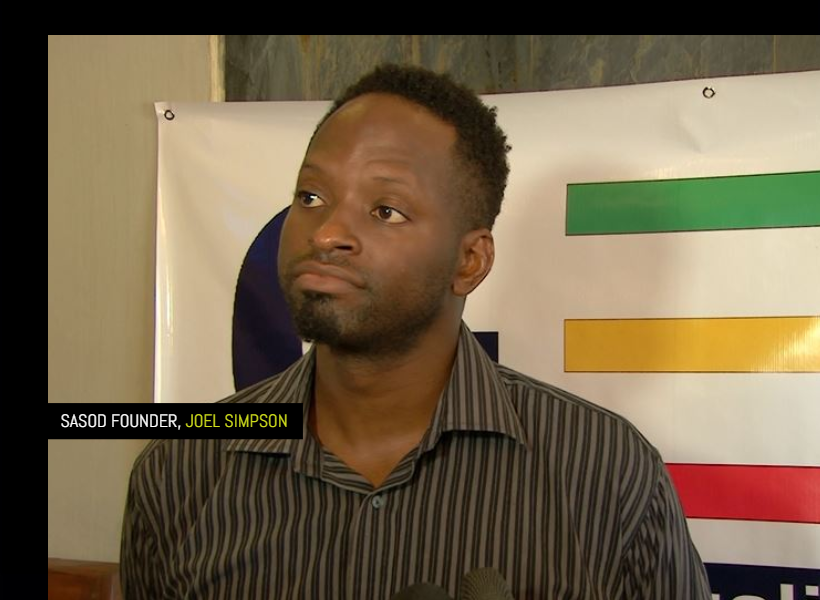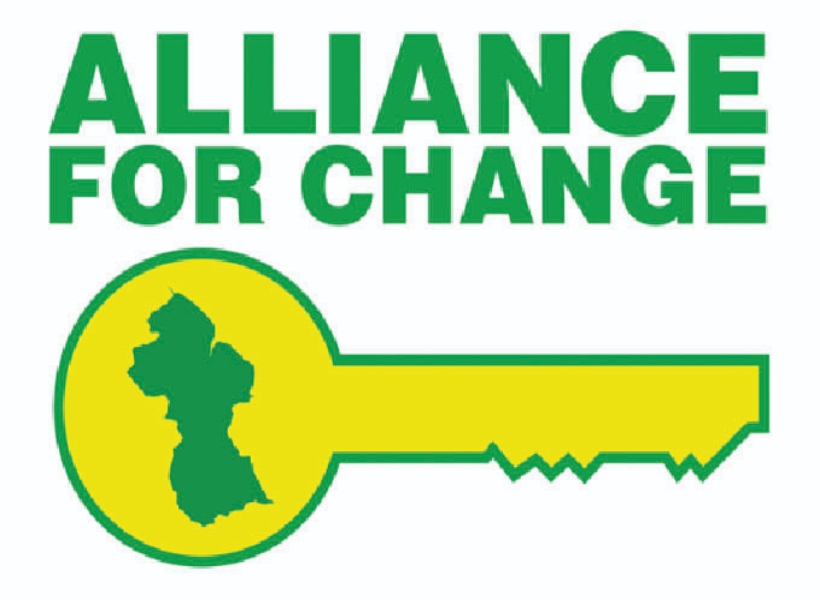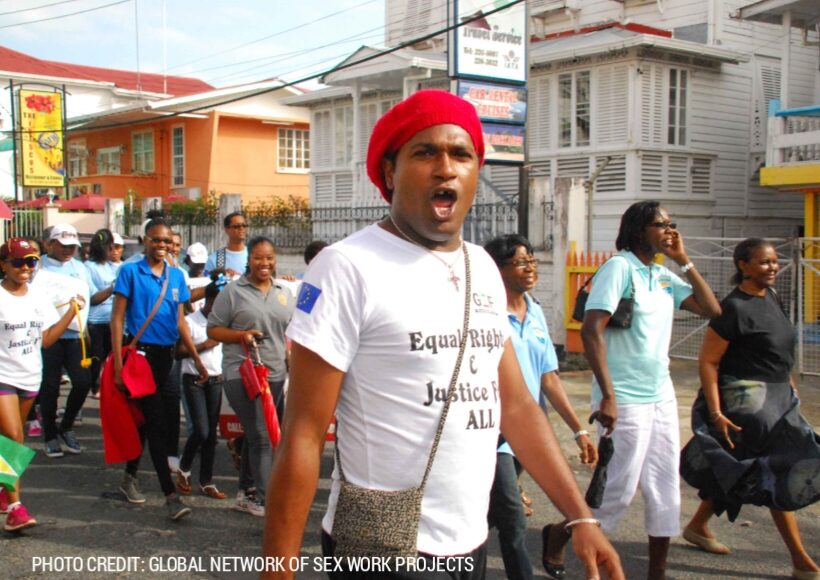By Sueann Wickham
While the social stigma against individuals in the Lesbian, Gay, Bisexual, Transgender, Queer, and Intersex (LGBTQI)+ community sadly persists in Guyana, as it does in many parts of the world, it also poses a significant obstacle to combating the human immunodeficiency virus/acquired immunodeficiency syndrome (HIV/AIDS) epidemic within the community.
Many individuals within the LGBTQI+ community are still reluctant to seek vital medical checkups and treatment for sexually transmitted infections (STIs) or sexually transmitted diseases (STDs) out of fear of being shamed for their sexuality. Such instances of shaming are often caused by homophobic misconceptions spewed into society.
A 2021 poll conducted by the United Kingdom’s National AIDS Trust and Fast-Track Cities London highlighted the ongoing stigma and misconceptions surrounding HIV/AIDS. Despite global efforts to create more inclusive environments since the official recognition of HIV in 1981, the poll revealed that homophobia remains a significant barrier to ending the global AIDS epidemic.
The LGBTQ+ community has long been closely associated with the epidemic, and the media has unfortunately contributed to toxic attitudes and public perceptions towards gay individuals, particularly gay men.
The survey findings also revealed that only 16% of participants were aware that HIV treatments can prevent transmission, and just 25% knew about pre-exposure prophylaxis (PrEP) medication, which can help prevent HIV acquisition.
These statistics indeed indicate a lack of understanding within the general population about effective prevention methods and how stigmatizing attitudes contribute to a climate of silence and misinformation, ultimately hindering individuals from accessing crucial information about HIV prevention.
In Guyana, although limited studies have been conducted to substantiate the complaints frequently expressed by members of the LGBTQI+ community, it is no secret that this is a major issue. Despite ongoing efforts by the Ministry of Health, non-governmental organizations, and community activists, many individuals have reported significant challenges in eradicating stigma and promoting a supportive environment for LGBTQI members living with HIV/AIDS.
Additionally, judgment-free environments for those seeking testing remain elusive. Nonetheless, the community is fortunate to have advocacy organisations like the Society Against Sexual Orientation Discrimination (SASOD) that continues to forge ahead with its efforts to support the community and help its members access healthcare services free from stigma.
In a recent interview with the Guyana Standard, SASOD’s Director, Joel Earl Simpson, acknowledged the difficulties faced by community members when accessing medical services, including discrimination from healthcare staff who are intolerant of the LGBTQI+ community. However, Simpson mentioned that the organization has made significant strides in building partnerships with local health organizations, including the National AIDS Programme under the Ministry of Health. In light of Pride month, he said the ministry reached out to provide Sexual and Reproductive Health and Rights (SRHR) services at the pride events being hosted, offering on-site check-ups and treatment services.
The government also seems to be making efforts to eradicate stigma, as Leslie Ramsammy, Medical Advisor to the Minister of Health, earlier this year sought to reassure those living with HIV that the government is committed to ensuring all local treatment facilities are “stigma-free zones.” In an exclusive interview with the Guyana Standard, he addressed the hesitancy of individuals visiting the National Care and Treatment Centre (NCTC) for treatment, stemming from the fear of discrimination. Dr. Ramsammy clarified that although the NCTC is located in the compound of the Georgetown Public Hospital Corporation (GPHC), it is a separate entity solely dedicated to HIV care and treatment that is stigma-free.
He had also pointed out that the government has made treatment more accessible for Guyanese as there are currently 28 treatment sites throughout the country. “Our sites are in all regions and are equipped with persons fully trained in HIV care, including dealing with stigma reduction,” he conveyed, adding that there have been isolated cases of persons reporting stigma.
Based on research conducted by this publication, it was found that some of the best ways some countries were able to effectively combat HIV/AIDS stigma, all required a multi-faceted approach which included education campaigns that dispel myths and provide accurate information about HIV transmission, prevention, and treatment.
Community engagement, involving religious leaders, community organizations, and key influencers, also prove to be a major help to challenge harmful attitudes and foster acceptance and support. Furthermore, it showed that healthcare providers need specialized training to address stigma within healthcare settings. By promoting non-judgmental attitudes, confidentiality, and respectful care, healthcare professionals can help create safe spaces for individuals seeking HIV-related services.
It is worth mentioning that Simpson has also emphasized that fostering more tolerance towards the LGBTQI+ community would play a crucial role in supporting those living with HIV/AIDS. In fact, he shed light on an a SASOD report which noted that over the past nine years in Guyana, positive attitudes towards lesbian, gay, bisexual, and transgender (LGBT) people have significantly increased. According to the 2022 poll conducted by RMK Consulting enterprise on behalf of SASOD, LGBT acceptance in Guyana rose from 19% to 34.5%. Moreover, 72.4% of respondents stated that they accept and tolerate LGBT individuals.
Addressing HIV/AIDS stigma is crucial for improving healthcare-seeking behaviors and outcomes for individuals living with HIV/AIDS in Guyana, particularly within the queer community as it is imperative that all individuals have access to the medical care and treatment they need to lead healthy lives.
It has already been emphasised that the lack of understanding about effective prevention methods and stigmatizing attitudes can contribute to the barriers preventing these individuals from accessing crucial information and healthcare services.
However, efforts by organizations like SASOD, partnerships with the Ministry of Health, and an increasing acceptance of the LGBTQI+ community, are promising steps towards creating a more inclusive and supportive environment.
This publication believes that by combating the stigma, providing education, and training healthcare providers, we can ensure that all individuals, regardless of their sexual orientation, receive the care and treatment they deserve.









